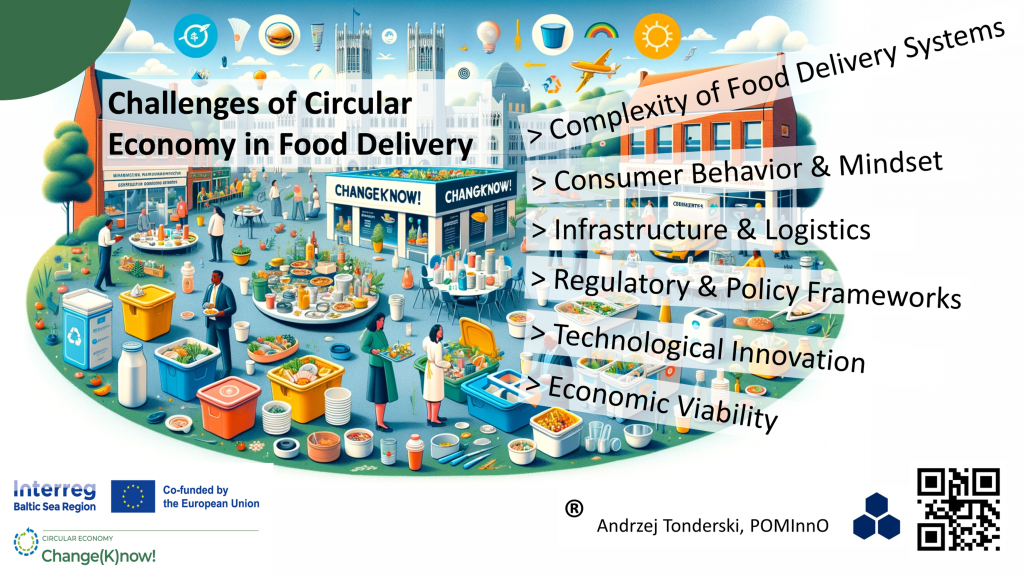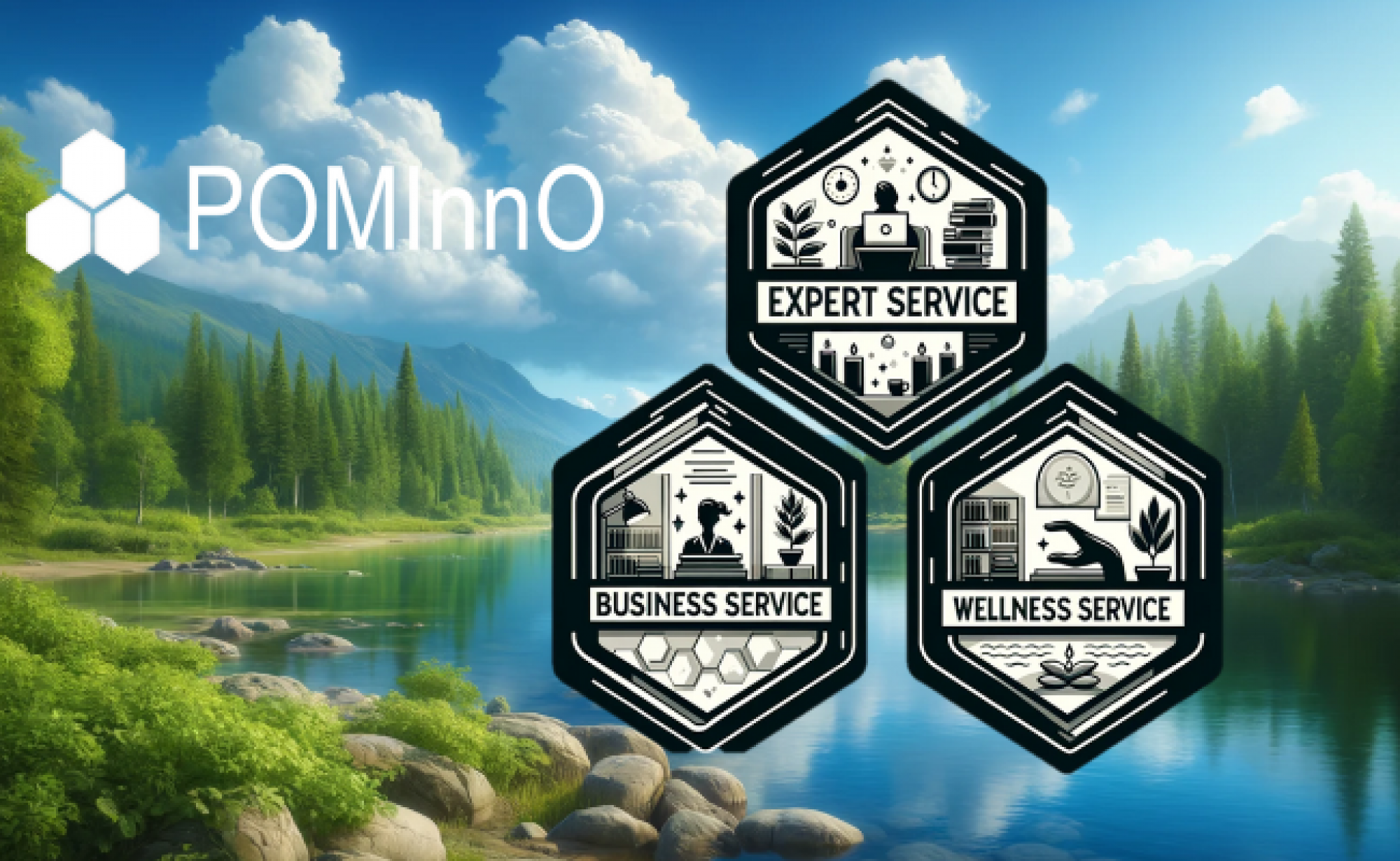
In the ever-evolving landscape of sustainability, the circular economy stands out as a promising solution to many of our environmental challenges. By focusing on reducing waste and making the most of resources, the circular economy can significantly mitigate environmental degradation. However, implementing circular principles in food delivery presents unique challenges that require innovative solutions.
The Complexity of Food Delivery Systems
Food delivery systems are intricate networks involving multiple stakeholders, including suppliers, restaurants, delivery services, and consumers. Transitioning from a linear to a circular model in this sector is complex due to the diverse and interconnected nature of these systems. Each stakeholder has different priorities and capabilities, making it difficult to implement uniform circular practices.
For instance, while some restaurants might easily adopt reusable packaging, delivery services need to manage the logistics of returning these packages. This complexity necessitates a coordinated approach, where each stakeholder’s role and responsibilities are clearly defined and supported by robust infrastructure and policy frameworks.
Consumer Behavior and Mindset
One of the most significant challenges in promoting circularity in food delivery is changing consumer behavior and mindset. Many consumers are accustomed to the convenience of single-use packaging, which offers quick disposal without the need for cleaning or returning items. Shifting this mindset towards a more sustainable approach requires a cultural change, driven by awareness and incentives.
Educational campaigns highlighting the environmental impacts of single-use plastics and the benefits of reusable alternatives are essential. Moreover, providing incentives such as discounts for using reusable containers or penalties for opting for single-use items can nudge consumers towards more sustainable choices. However, these measures need to be carefully designed to avoid inconvenience that might discourage adoption.
Infrastructure and Logistics
The infrastructure required to support circular food delivery systems is another significant hurdle. Establishing a system where reusable packaging is collected, cleaned, and redistributed involves considerable logistical challenges. This requires investment in cleaning facilities, efficient collection routes, and partnerships with delivery companies.
Moreover, urban environments vary greatly in their capacity to support such systems. Cities with dense populations might find it easier to implement centralized cleaning facilities and efficient collection systems, while smaller or more spread-out areas may struggle with the logistics and cost-effectiveness of such solutions.
Regulatory and Policy Frameworks
Effective implementation of circular economy principles in food delivery also depends on supportive regulatory and policy frameworks. Governments play a crucial role in setting standards, providing incentives, and enforcing regulations that promote circular practices. However, developing and enforcing these policies can be challenging.
Regulations need to balance the interests of businesses and consumers while ensuring environmental benefits. Policies might include bans on single-use plastics, mandates for reusable packaging, and incentives for businesses that adopt circular practices. However, without proper enforcement and support, such policies might not achieve their intended impact.
Technological Innovation
Technological innovation is key to overcoming many of the challenges associated with circular food delivery systems. Advances in materials science can lead to the development of more durable and sustainable packaging options. Digital platforms can streamline the logistics of collecting and redistributing reusable containers, making the process more efficient and user-friendly.
However, adopting new technologies requires investment and willingness to experiment. Small businesses, in particular, may find it difficult to allocate resources towards such innovations without support from larger companies or government initiatives.
Economic Viability
The economic viability of circular food delivery systems is a critical consideration. While the long-term benefits of circularity include reduced waste management costs and environmental impact, the initial investment can be high. Businesses need to see a clear economic benefit to invest in reusable packaging systems, infrastructure, and technology.
Creating a business model that balances environmental sustainability with economic viability is essential. This might involve collaborative approaches where costs and benefits are shared among stakeholders, government subsidies or incentives, and innovative pricing strategies that reflect the true cost of single-use versus reusable packaging.
Conclusion
The transition to a circular economy in food delivery presents numerous challenges, from changing consumer behavior and developing infrastructure to creating supportive regulatory frameworks and ensuring economic viability. However, these challenges are not insurmountable. With coordinated efforts from all stakeholders, technological innovation, and supportive policies, the food delivery sector can move towards a more sustainable and circular model.
By addressing these challenges head-on, we can create a food delivery system that not only meets our convenience needs but also aligns with our environmental and sustainability goals. This transition requires a collective effort, but the benefits for our planet and future generations make it a journey worth undertaking.
Contact:
Would You like to find out more about our activities, please follow us on Internet and Social Media (Facebook, LInkedIn, X (formerly Twitter)).
Would You like to find out whether there is a possibility to join the project as an associated partner: please fill in the short questionnaire (5 questions) here or contact coordinator for Poland (Dr inż. Andrzej Tonderski) here.
#ChangeKnow #Sustainability #CircularEconomy #GreenGovernance #EcoFriendly #FoodDelivery #MultipleUsePackages

